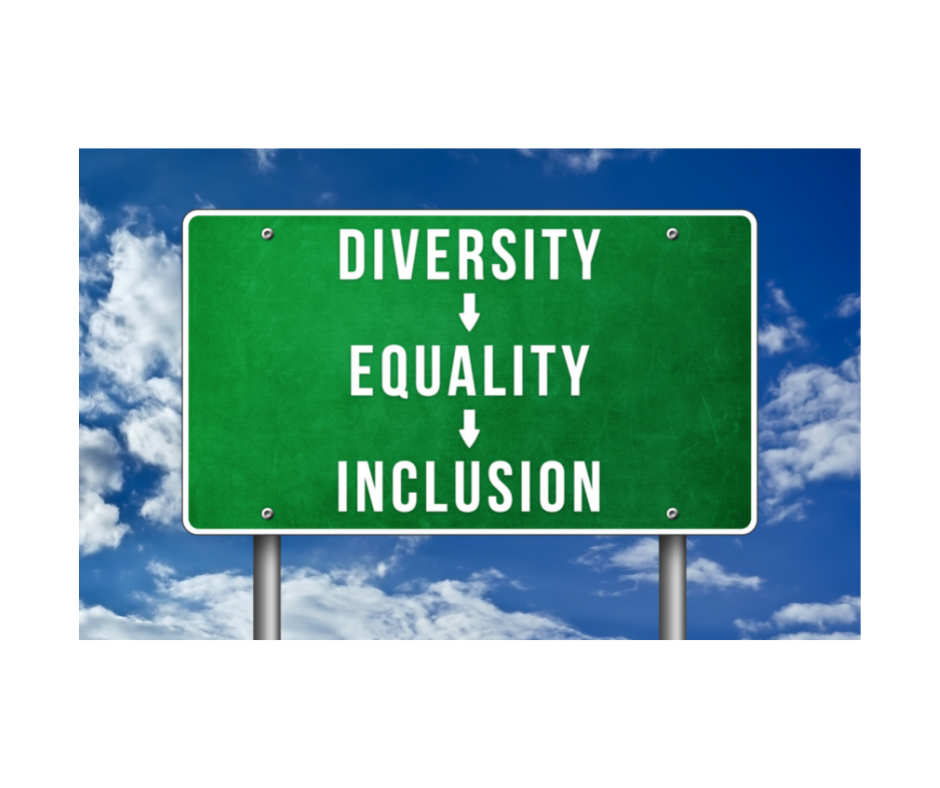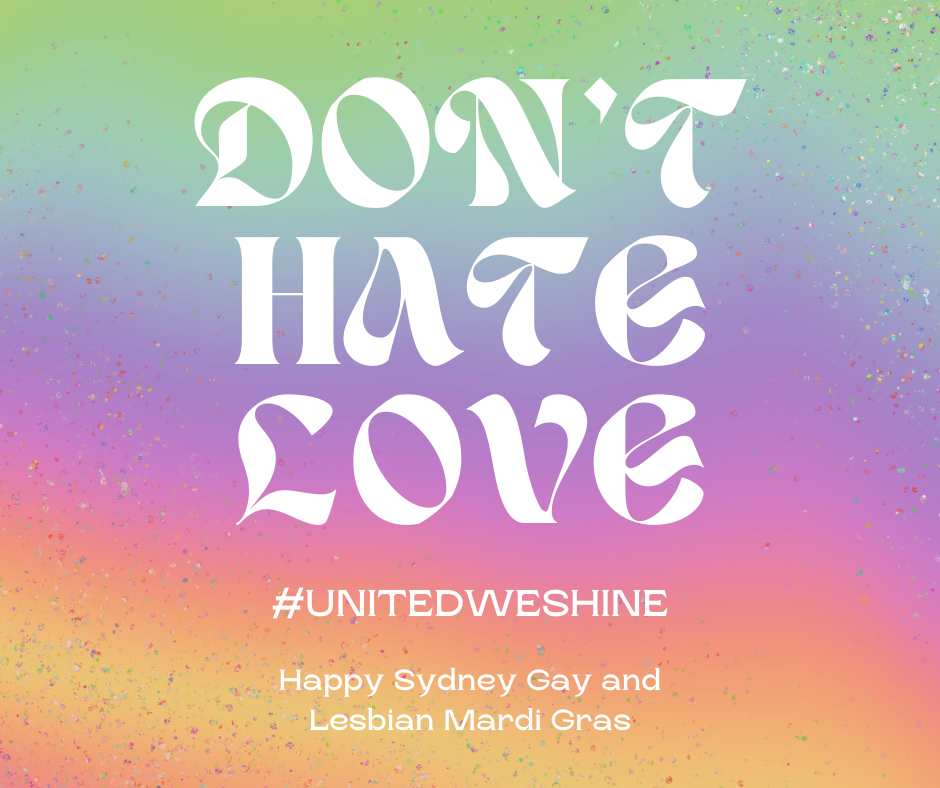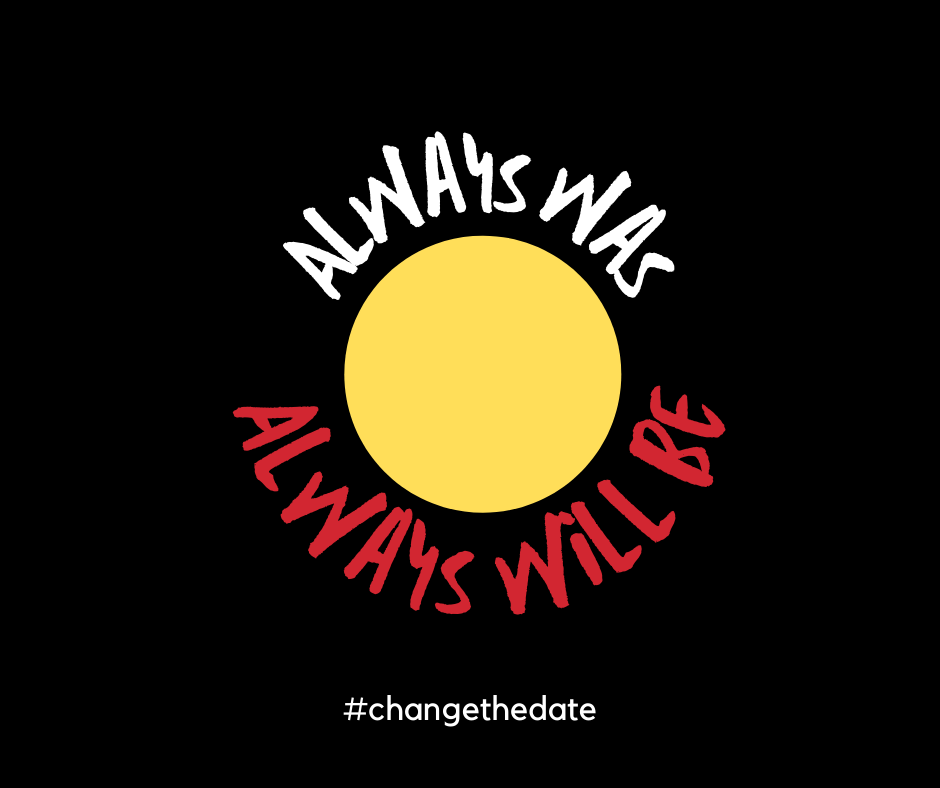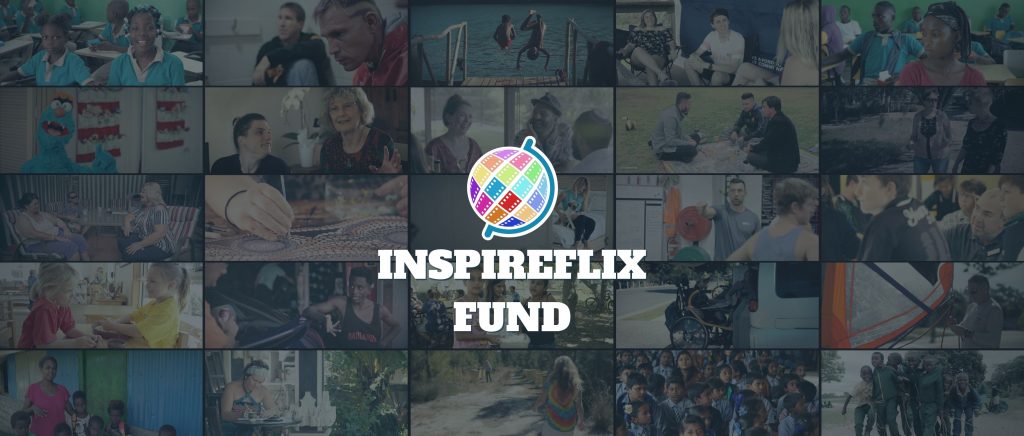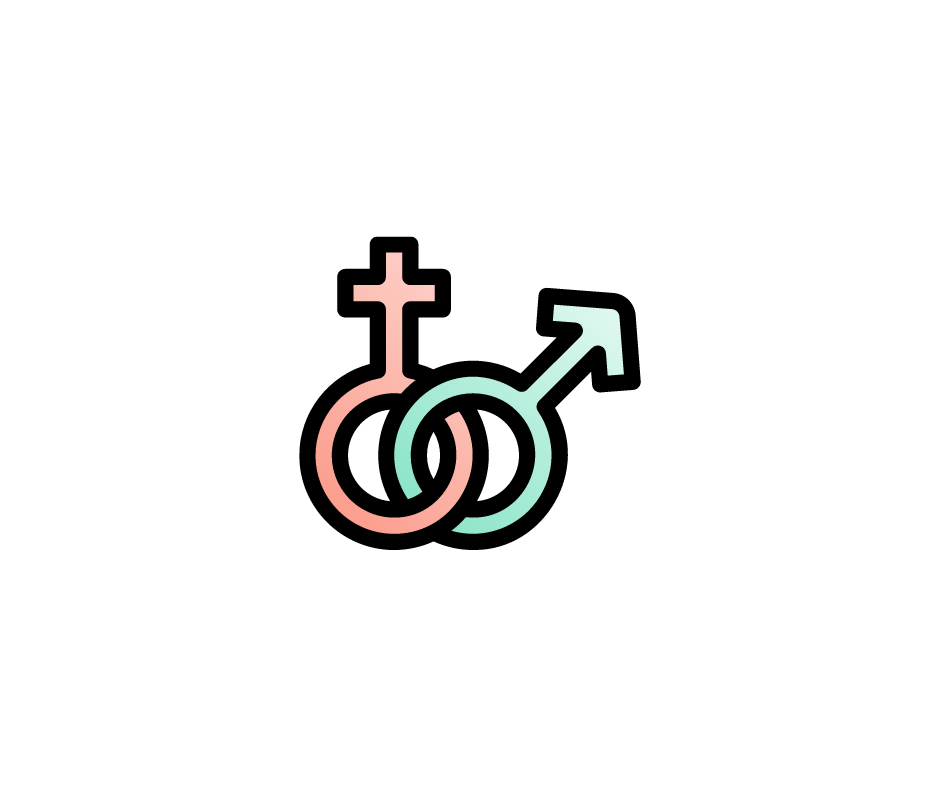I remember learning a lot about belonging and identity during high school, as it was my year 12 HSC topic for English. At the time I didn’t think much of it and understood that “outsiders” have a heightened sense of not belonging. A lot of the examples which were examined were to do with people not belonging as opposed to people belonging. When undertaking exams many of us were encouraged to use examples of people who didn’t belong. I feel as though understanding belonging and its importance often derives from when you are in situations where you don’t belong or don’t have the same connection to something which the others in the context do.
My dad was Swedish, my mum is Fijian-Indian, I am born and raised in Australia and the only language I speak is English. I feel as though not speaking the native language from each of my parents has enhanced the sense of often not feeling as though I belong in certain settings. There is this distance between myself and the rest of the group. There is this delegitimising of me being part of an ethnicity because I can’t speak the language. It’s as if in order to be part of the group I almost have to be the stereotype or express the ethnicity in some easy, identifiable way.
My feelings of not belonging are by no means the fault of other people who are part of these groups where I am. Many people who are part of groups where I feel that I do not belong are often the ones who are very inclusive, and often make a conscious attempt to include me. Recently I attended a Swedish, cultural celebration and I expressed to a friend at the event how I feel in situations like this and it came as such a surprise to her. To my friend her perspective was more of course I belong because she sees me as a part of the group.
The criticism I have faced from people about my ethnicity has more come from other people who enquire where I am from and some have said “well you can’t be Australian then”, or when I describe that my mum’s ethnicity is Indian but she was born and raised in Fiji then they get annoyed and say “well she’s Indian then not Fijian”. It appears to be a bit of a no-win situation when I explain my ethnic background and nationality to people. I’m not entirely sure where this animosity about peoples background comes from, and I understand that this is not just something that happens to me but many others with a more “complex” identity, but where my parents have come from is all relevant and a part of me.
It can be such a challenging experience when not belonging is felt. From my experience it’s often not always about being socially included. It is something much more deep rooted, internal and personal. I think it can be very different for each person. I remember learning about how identity is not just how we perceive ourselves but how others perceive us. I am in the process of learning Swedish now and I am interested to see how my sense of belonging and identity changes when my Swedish improves.


